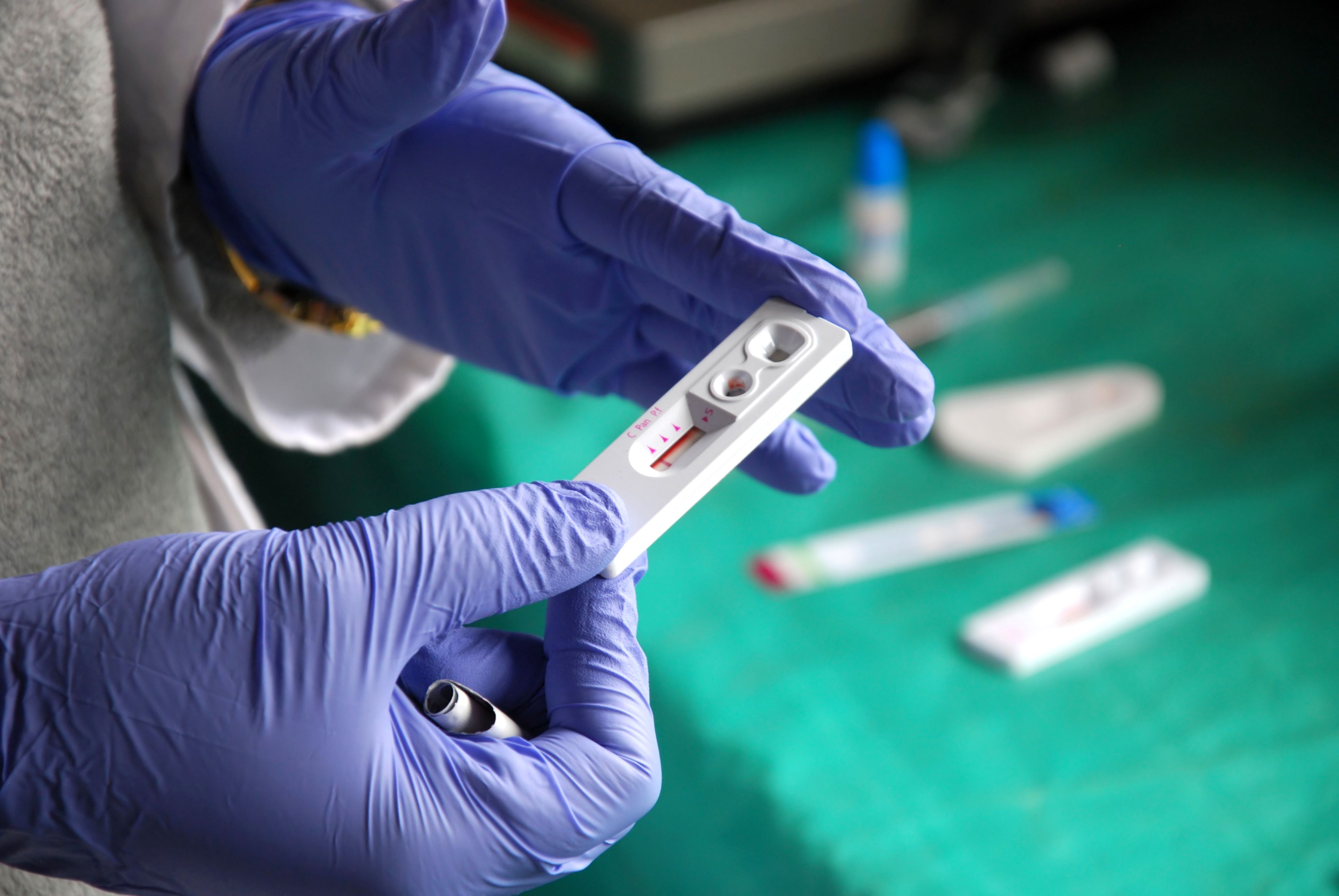Article
Experimental HIV Drug May Prevent New Infections
Author(s):
Biologic HIV drug may reduce new infections among high risk populations.
An investigational biologic drug shows promise as a part of a preventative HIV treatment approach, according to a new study published by Nature Medicine. The drug, 10-1074, is a promising candidate to prevent new cases of HIV among high-risk individuals, and may be used in a combination to treat HIV-positive individuals.
The drug is a broadly neutralizing antibody, which are naturally found in the immune system, but are not likely to fight off an HIV infection.
“This was the first human trial of 10-1074,” said researcher Till Schoofs, PhD. “The antibody binds to a different part of the virus than the other antibody we’ve studied. In addition, it’s one of the most potent broadly neutralizing antibodies described to date.”
HIV is traditionally treated with antiretroviral therapy (ART), but the drugs have serious side effects, and many patients experience adherence issues. Since patients have to receive ART for their entire life, investigators have been searching for novel ways to treat HIV.
Findings from an early-stage clinical trial suggest that 10-1074 could present an alternative treatment option for HIV-positive patients and those at high risk of contracting HIV. Included in the study were 19 patients with HIV, and 14 control patients. Patients were recruited from The Rockefeller University Hospital and through the University of Cologne in Germany.
“It has been challenging to find trial participants with high levels of the virus here in New York, so our collaboration with the University of Cologne has been very valuable,” said lead researcher Marina Caskey, PhD.
The researchers aimed to determine whether the investigational antibody was effective and safe for human use.
Among 13 HIV-positive patients who received a high dose of 10-1074, 11 had a drastic decline in the virus, according to the study. These patients were discovered to have resistant virus still circulating in the blood.
However, further examination showed that the viruses were affected by other broadly neutralizing antibodies that target the virus differently, such as 3BNC117, according to the study.
The researchers also discovered that 10-1074 may provide protection against the virus among patients who are currently uninfected.
Patients at high-risk of contracting the virus currently receive pre-exposure prophylaxis (PrEP) treatment to prevent infection. These treatments also have serious side effects, and must be taken daily to ensure efficacy.
“Based on our findings we think these types of antibodies could be a viable substitute for the drugs currently used in PrEP,” concluded Dr Caskey. “But to clearly demonstrate that these antibodies have an advantage over the pill that’s currently used, we would need to test them in large numbers of people and show that they remain active for a prolonged period of time in the body.”
In the future, the investigators plan to examine modified antibodies that have prolonged activity. This would result in a long-lasting drug that would not have to be taken daily. New clinical studies combining 10-1074 and 3EBNC117 are currently underway to determine if this combination treatment could treat HIV more effectively, the study concluded.
Newsletter
Stay informed on drug updates, treatment guidelines, and pharmacy practice trends—subscribe to Pharmacy Times for weekly clinical insights.






